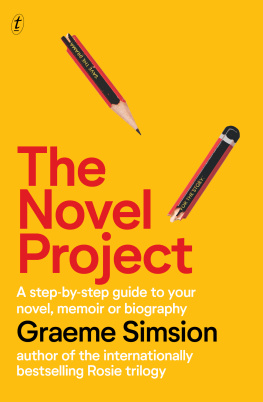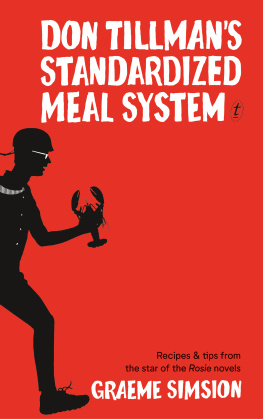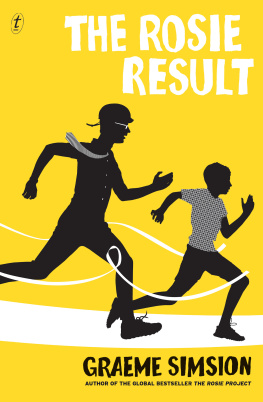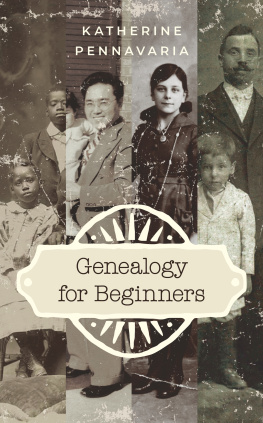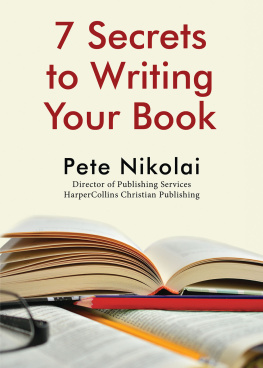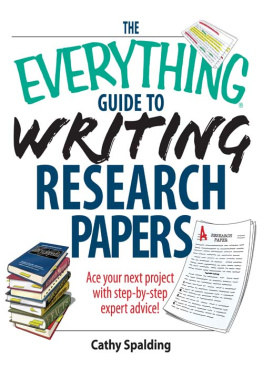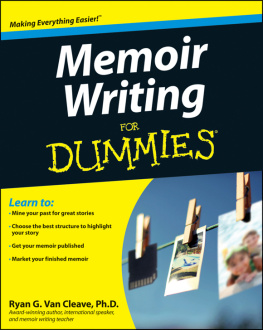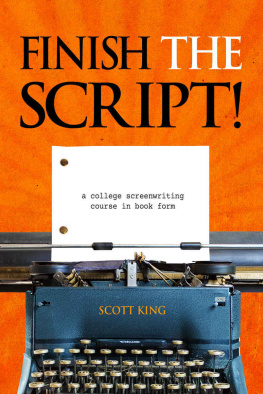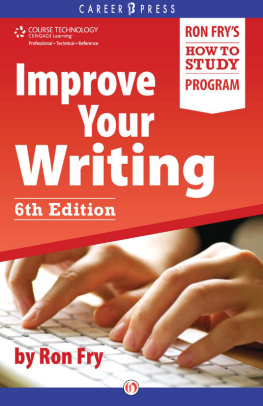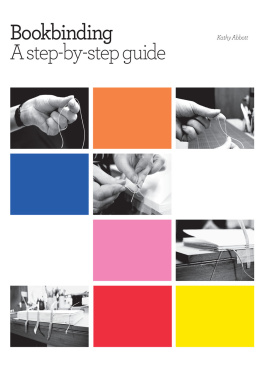Writing is easy: all you do is sit staring at a blank sheet of paper until drops of blood form on your forehead. Thats one way to do it. But you risk finding yourself blocked and directionless, with a manuscript that may never be finished staring back at you.
This book is about another approach, based on established theories of creativity and designand on the experience of authors who have adopted a more structured and reliable process. It could have been called What They Dont Teach You in Writing School because, rather than focusing on prose, it covers the entire writing process, from premise to proofreading, as a step-by-step project.
Instead of waiting for the blood, youll approach each day with clarity and purpose, progressing steadily toward the best book youre capable of. Easy to follow, practical and highly entertaining, The Novel Project is a masterclass from an author who started his writing career at fifty and whose novels have sold millions of copies around the world.
To my teachers
CONTENTS
Writing is easy: all you do is sit staring at a blank sheet of paper until drops of blood form on your forehead. Variously attributed to Thomas Wolfe, Paul Gallico and Ernest Hemingway, the quote portrays writing as mysterious, torturous and, implicitly, unteachable.
This book is about another approach, based on established theories of creativity and design, and on the experience of authors, including me, whopreferring to save the drama for the storyhave adopted a more structured and reliable process.
Its aimed at those who want to write a book for publication, or at least one that others will want to read. If youre writing primarily for yourselffor self-discovery, therapy or the pure pleasure of working with languagethen some of my advice may not be relevant to you. That said, if youre aiming to produce a finished manuscript at some point, read on.
But first, lets take a brief look at the drops of blood version. Many writers are committedoften unbendingly soto making the story up as they go, unaware of how it will unfold and what the ending will be. Writing by the seat of their pants. Pantsing, they call it.
Some very successful novelists identify as pantsers. Why wouldnt they? Creating a compelling story that will make the reader laugh, cry or gasp in surprise at the unexpected twist; setting up and resolving subplots; inventing believable characters and sub-textual themes; describing the world in a way that makes us see it anew; and doing it all in elegant, memorable prose, on the fly, is a pretty impressive tricka sign of a special talent, if not genius. Trouble is, most of us are not geniuses.
If you go down the pantser route without the capability, theres every chance you wont write a publishable novel (or memoir or biographymore about this later in the chapter). Youll spend a lot of time staring at the pageperhaps the first page, perhaps the fiftiethwaiting for the words to come.
Some authors manage to get about a third of a book down before the inspiration dries up. They may do it again and again, practising what they can do (setting up a story, writing fine prose) without coming to grips with what they cant (keeping a story moving to a satisfying ending).
Sometimes they struggle on, and, as readers, weve seen the results: novels that engage us at first, then lose their way. Ive met a few authors whove pulled off the pantser approach once, then struck the difficult-second-novel problem. I suspect that the first novel had spent years in the writers head, where their subconscious had laid down an outline. Or perhaps it was based on real events, as many debuts are, so the storyline and characters were already established.
If your attention is on each sentence as it comes rather than the (unknown) big picture, you can expect the result to be stronger on prose than on story. If that prose is good enough, perhaps the book will make it in the world of literary fiction, where story is seen by some to be less important. But unless it wins a major prize, dont expect the royalties to pay the bills. And using fine words to tell an uninteresting, unimportant or unengaging story seems like an opportunity lost.
Writing courses almost always focus on prose. Students workshop, and are assessed on, pieces of a few thousand words. But many struggle to scale up their sometimes beautiful and powerful writing into a novel.
Why is it so hard? One of the reasons we underestimate the difficulty is that almost everybody can tell stories. Every day we relate events to our colleagues and friends; we may hold their rapt attention as we tell them about the time we stayed after the Bruce Springsteen concert to watch the band pack upfor a few minutes. Stretch the story much longer and our listeners will be pressing us to get to the point (Did you meet him or not?). Few of us could keep an audience engaged for seven or eight hours, the time it takes to read a typical novel aloud. We dont know how to: we dont even have the experience of trying to.
A novel, unlike that story in a bar or a two-thousand-word essay, is a substantial project, sometimes many years of work, that requires, as well as literacy, an ability to structure a complex story. In every field, from the technical to the social to the artistic, weve learned that big projects require organisation and discipline: establishing an overall shape before tackling the details, breaking the work into stages, applying different skills at different times. A building is an obvious example, but so is a song: concept, melody, rhythms, harmonies, lyrics, rewriting, arrangement, performance, perhaps recording and mixing.
This book could have been titled What They Dont Teach You in Writing School, because my focus is on the writing process as a whole, in particular the development of a structure and outline, rather than the shimmering sentences. But a good deal of what were going to cover I did learn at writing schoolscreenwriting school. There, the course reflected industry philosophy and practice: story was all-important, and structure was its underpinning. Get the shape right and the details could follow.
And because screenwriting (and filmmaking in general) is a collaborative activity, there was an emphasis on process, outputs and terms to describe them. Screenwriters have to be able to communicate what theyre doing, what theyre going to deliver, and when. They need to be able to articulate the problems they require help with and the issues they see with others work. When the producer wants to know how the work is progressing, waiting for the blood drops to form isnt going to cut it.
I draw heavily on my screenwriting studies and experience in my novel writing, particularly in the earlier stages of outlining stories and characters.
This book treats the process of writing a novel as a project and presents a staged approach. Neither the stages nor the steps within them are set in stone; I encourage you to modify them in the light of your own preferences and experience, and to incorporate ideas from others.
Theres plenty of advice out there about every aspect of the craft, from what you should do on waking up to whether to use the Oxford comma. What this book does is to provide a homea contextfor those tips and tutorials, and the things youve learned from practice. You should be able to find a place for any of them in one of the stages of the writing process. Once you start thinking of your work as a project, youll likely treat related tasks, such as getting feedback on your draft, as sub-projects, and take an organised approach to them as well.

